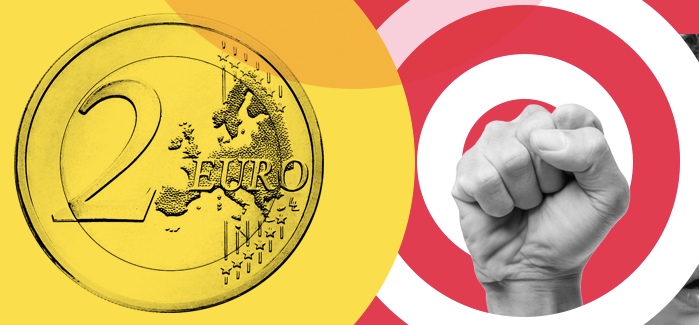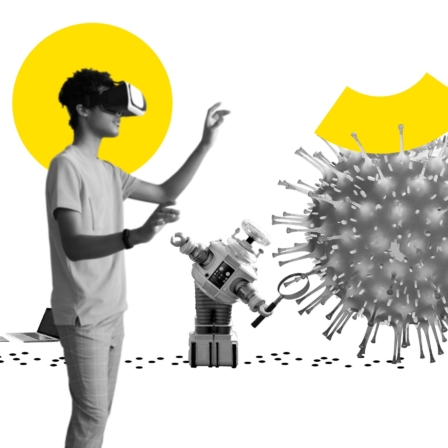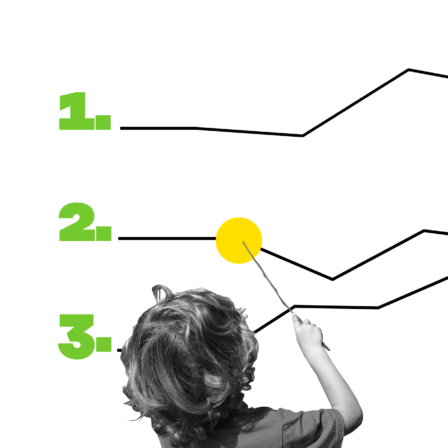The Finnish government decided that it will use the performance-based SIB model (Social Impact Bond) for employment trials and for decreasing the exclusion of youths, among other things.
This is great news, as the current scarce economic situation forces both the government and the municipalities to develop new tools for the improvement and funding of well-being. The SIB, which was introduced in Finland by Sitra, is one of these tools. It connects the public sector, investors and service providers so that everyone benefits.
“The SIB agreement doesn’t just acquire goods and services; it acquires results and impact. In addition, it provides the government and municipalities with opportunities for risk-free funding external to the budget,” emphasises Sitra Impact Investment Project Director Mika Pyykkö.
Objective: decreasing youth exclusion
The Finnish government’s objectives are especially to reduce the number of young NEETS (Not in Employment, Education or Training) and to promote the employment of youths. One of the methods of achieving this goal is the SIB project to support youth employment and to decrease exclusion. The project will be prepared during the spring and summer of 2017 by the Ministry of Economic Affairs and Employment, Sitra and municipalities that are interested in the project. (See the government memorandum, Section 12, link in Finnish)
The memorandum states that the current system to support the well-being, education and employment of children and youths is too complicated, and that the effectiveness of measures is decreased by lack of coordination and collaboration. However, the SIB model will enable support for youths and families which is more effectively timed and tailored specifically to their situation and needs.
Trials to promote employment
The government plans on, for example, procuring novel, diverse service concepts for youths in challenging labour market positions from private sector service providers. The projects will be privately funded through the SIB model and the service procurements will be realised using innovative procurement practices and performance-based agreements. (See the government memorandum, Section 14, link in Finnish)
Target-oriented investments in well-being
An SIB agreement defines the measurable objectives for increasing well-being. Institutional and private investors fund the services that promote well-being and assume the risks associated with the provision of these services, while the public sector only pays for the results that fulfil the objectives. In other words, the government or the municipality do not have to pay until the results have been verified.
“Impact investment is a method to solve problems through carefully planned, consistent and front-loaded investments,” says Pyykkö.
SIBs are already being trialled in Finland in two projects. The first of these enhances occupational well-being in the public sector and the other, a project headed by the Ministry of Economic Affairs and Employment, accelerates the employment of immigrants.
There are approximately 30 municipal SIB projects planned in different parts of Finland, including Vantaa, Hämeenlinna, Lahti, Lappeenranta, Tampere and Oulu. The objectives of these projects range from the well-being of families, children and youths to promoting the independence and employment of senior citizens.
The value of the public sector’s procurements reaches approximately 35 billion euros annually. Therefore, the purchase of impact also means the more productive use of billions of euros in tax revenue.

















Recommended
Have some more.